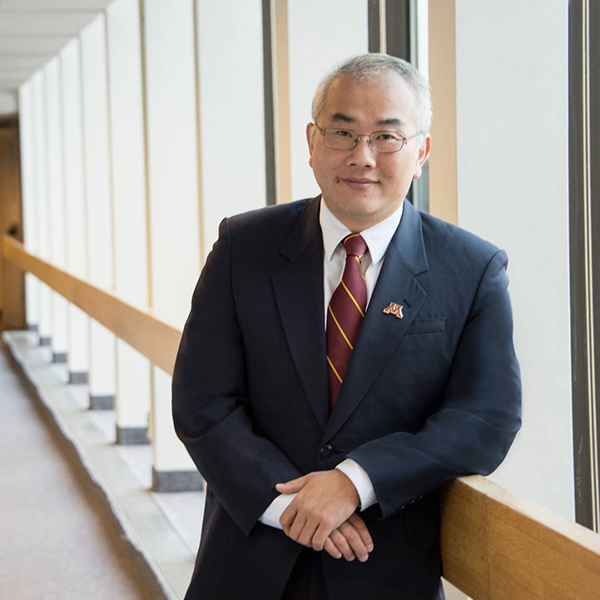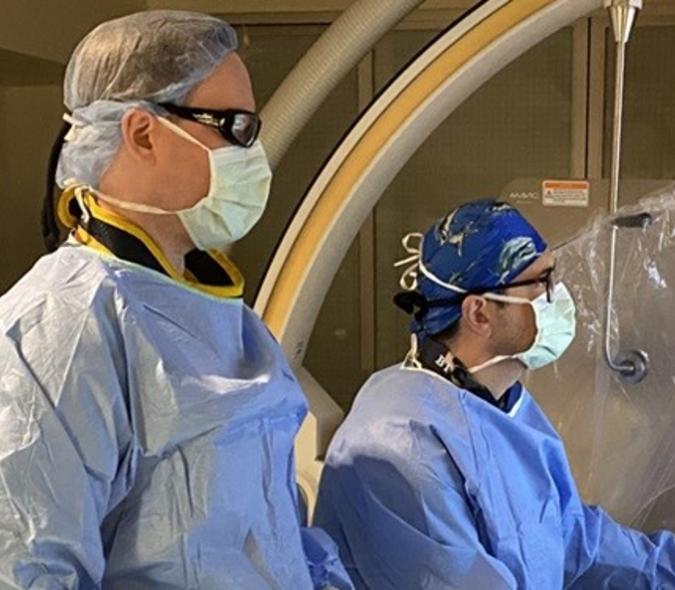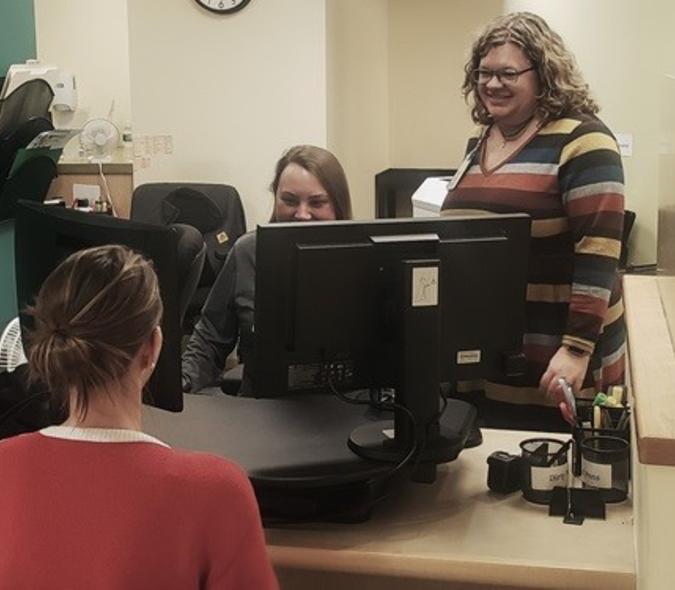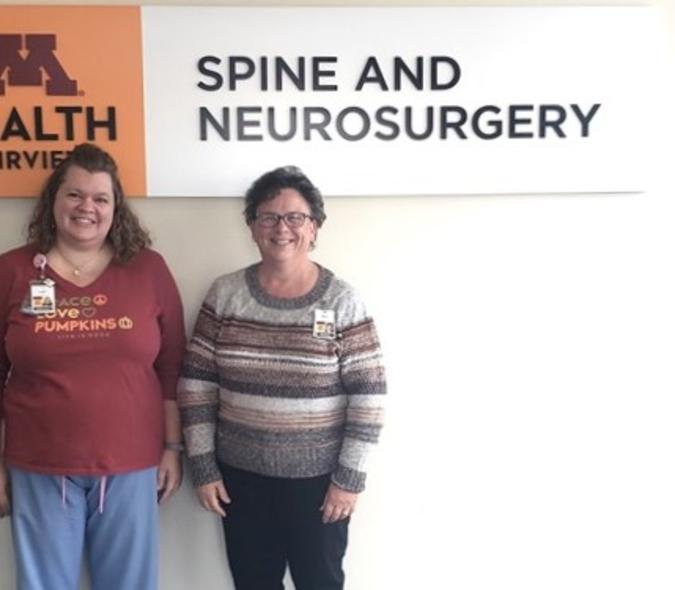
Encouraging patients — and physicians — to collaborate in healthcare decisions
Many of us will visit multiple car lots before deciding to buy a car but we don’t typically go to multiple physicians for our healthcare decisions. “That speaks to the unique place that physicians hold in our psyche — we trust them,” said Neurosurgery Department Head Clark C. Chen, MD, PhD. “But often different physicians approach the same problem in different ways. It is important for patients to understand these differences by accessing multiple perspectives – so that they can collaborate with their physician to arrive at the optimal treatment for them.”
There are several resources that facilitate this collaboration.

Multi-disciplinary review
The first resource involves a multi-disciplinary review. At the University of Minnesota Department of Neurosurgery, patient records are routinely reviewed by multi-disciplinary boards. “The records of brain tumor patients treated at the University are routinely reviewed by a panel of neuro-oncologists, radiation specialists, neuro-pathologists, neuro-radiologists, and neurosurgeons,” said Chen (pictured at left). “The panel discusses the relative merits of different treatment options before arriving at a joint recommendation. By engaging physicians with different training, the patient benefits from the collective wisdom of the panel experts, whose aggregate experience combines to more than a century of clinical practice — rather than the opinion of any single individual practitioner.”
Recognizing the value of this collective wisdom, national organizations have spearheaded initiatives that allow patients to access expertise beyond the areas in which they reside.
Independent panels of experts
Nidus1 is a web-based platform established in partnership with the Congress of Neurological Surgeons (CNS) to better support informed decisions. Nidus receives pertinent medical information from the treating physician and distributes this information to a panel of 12 internationally recognized neurosurgical experts. Within 72 hours, the recommendations of these experts are transmitted back to the physician. The physician then reviews these recommendations with the patient, and they jointly decide what the best next step will be.
“The patient and their physician may pursue the option most commonly recommended or the one that resonates most with them,” said Chen, an invited panel expert who participates in this review process. “The recommendations from this panel are rarely uniform. For the participating physician, it is an opportunity to understand how other experts think and to consider one’s own potential ‘blind spots.’”
Identifying the best clinical trials
The Brain Tumor Network (BTN)2 is another valuable resource. The organization collates an exhaustive, up-to-date record of all registered brain tumor clinical trials in the United States. The patient submits their medical history to the BTN, and it is cross-referenced to the clinical trial database to identify potential trial options. The patient subsequently discusses these options with their local care team. Should the patient decide to enroll in the trial identified, BTN will provide information in terms of the next steps. In this way, patients receive an independent source of information that offers clinical trial options beyond that available through the local health care system.
Finally, patients should not underestimate the value of information readily accessible through the internet. A recent study3 published by Brigham and Women’s Hospital and Harvard Medical School Department of Health Care Policy in Boston, MA, showed that patients who educate themselves about their symptoms, made “improvements in diagnostic accuracy and experienced no change in anxiety after conducting an internet search for symptoms.” The lead authors continued, “Our work suggests that it is likely OK to tell our patients to ‘Google it.’ This starts to form the evidence base that there’s not a lot of harm in that, and, in fact, there may be some good.”
Genuine collaboration
Chen agrees. “Many patients who come to me for a second opinion are well-informed about their condition and have thoughtful questions that help me tailor my treatment to their specific needs. The surgical approach that is perfect for one patient may be suboptimal for another. I am convinced that optimal surgical outcomes can best be achieved through a genuine collaboration between the surgeon and the patient.
“It is important, however, that patients are directed to websites that offer up-to-date and accurate medical information,” continued Chen. “Without a common set of knowledge and understanding between the physician and the patient, genuine collaboration would be difficult.”
1Learn more about Nidus
2 Brain Tumor Network
3 A Visit to “Dr. Google” Makes Patients Better at Diagnosis



